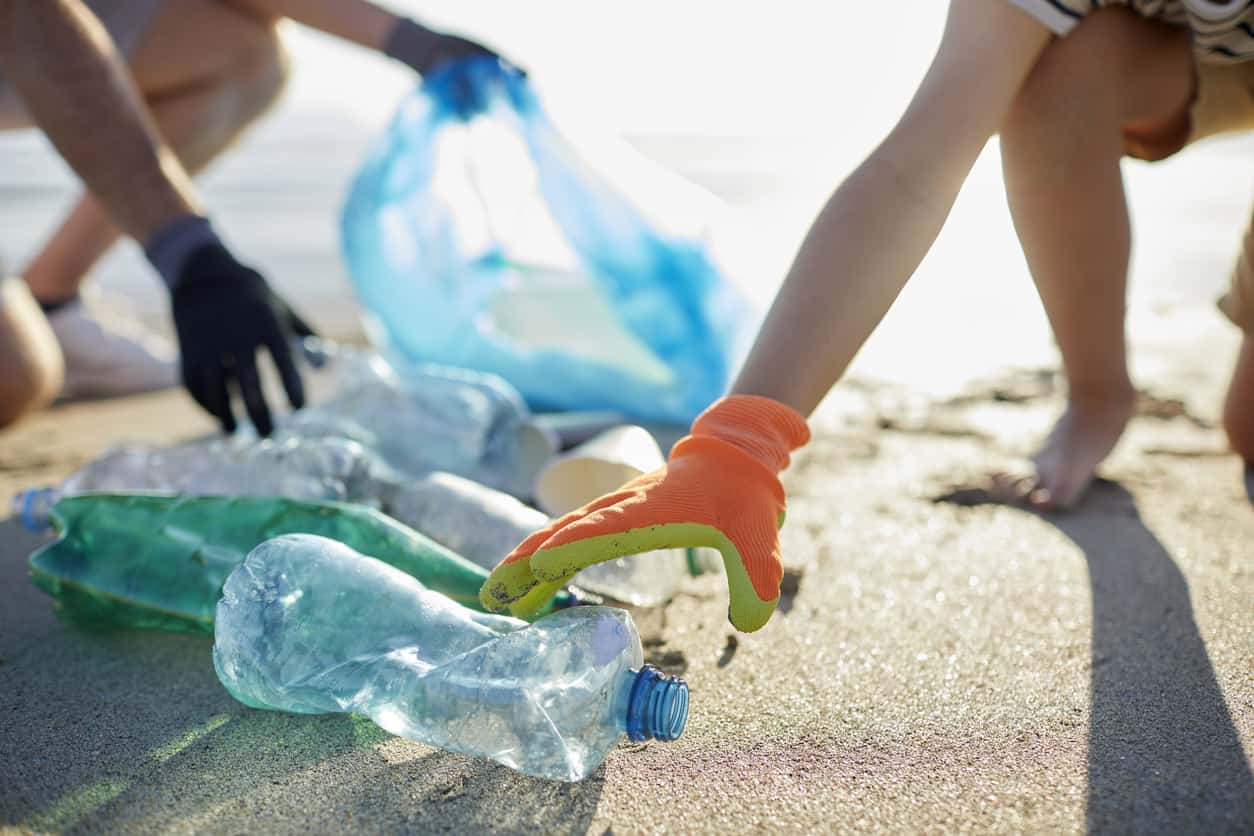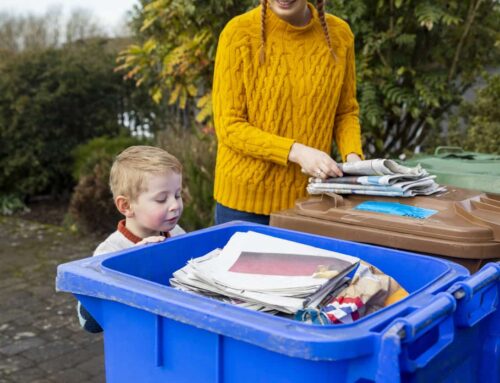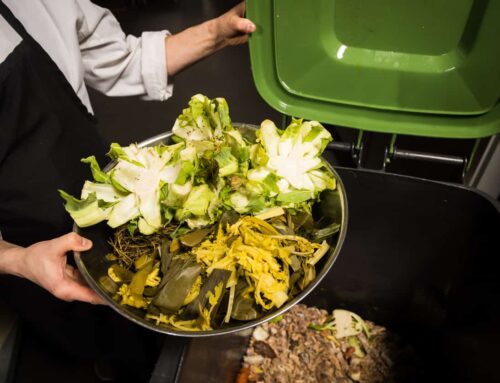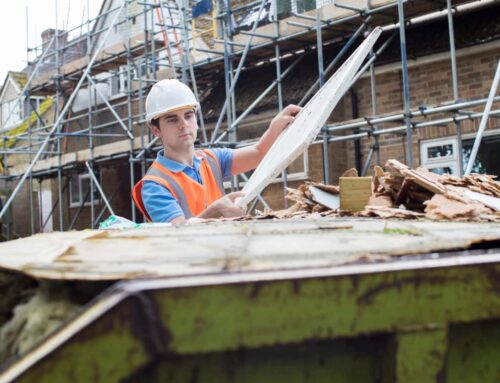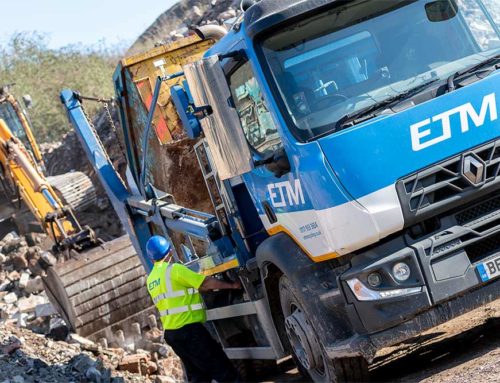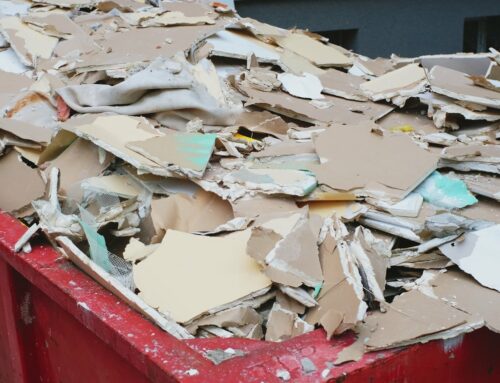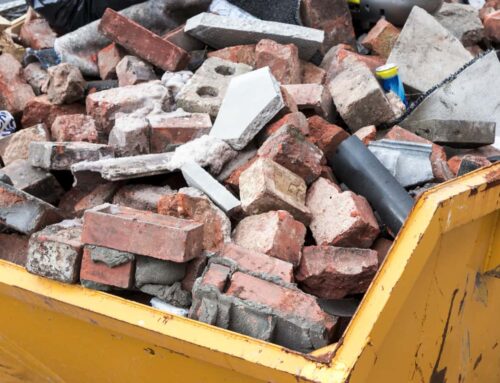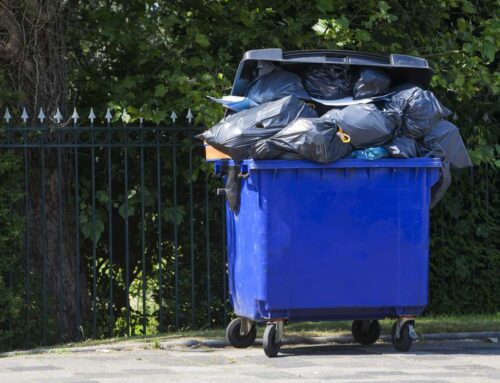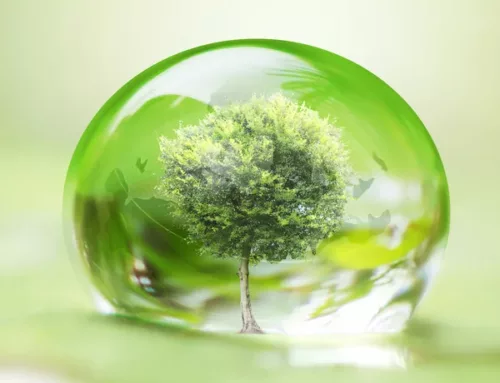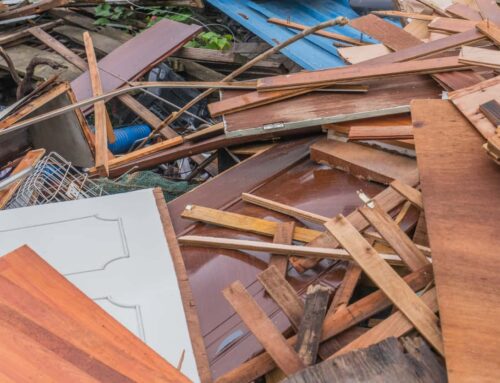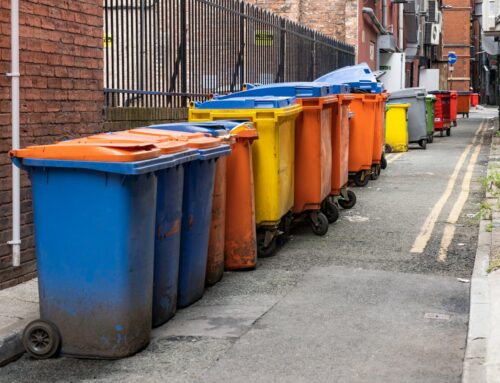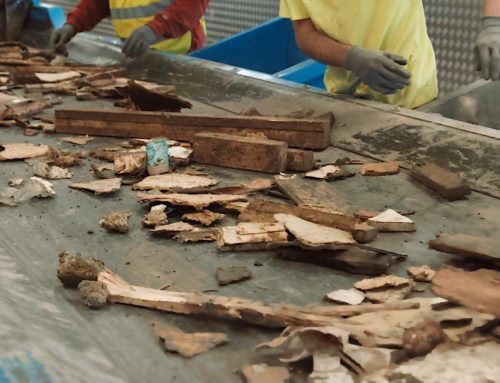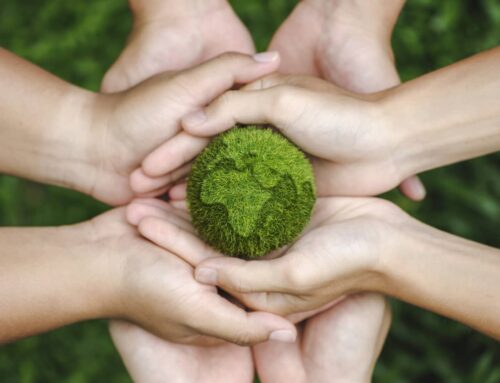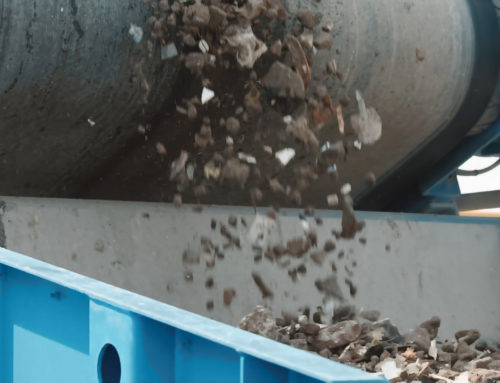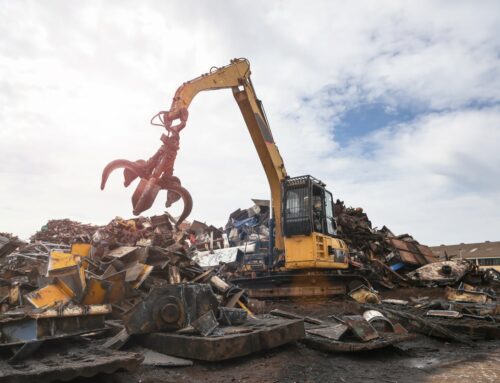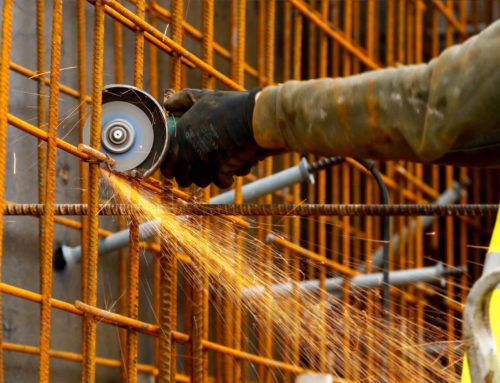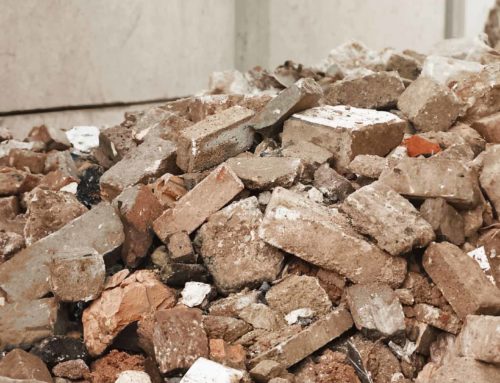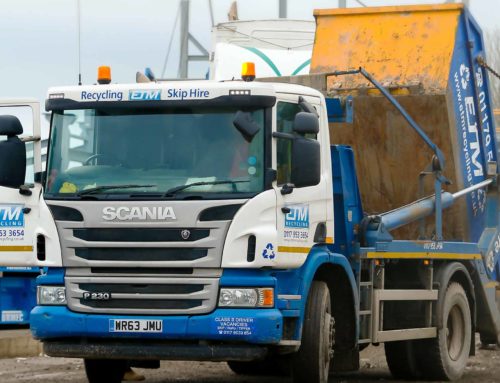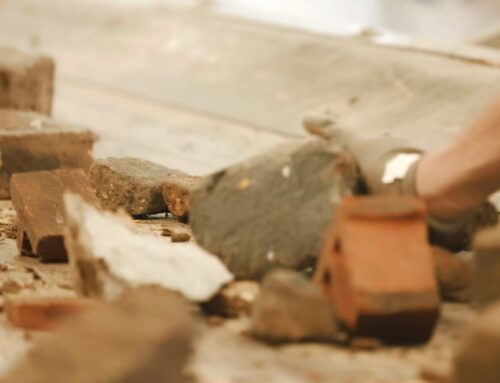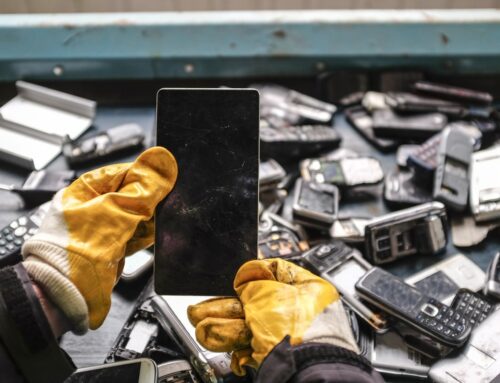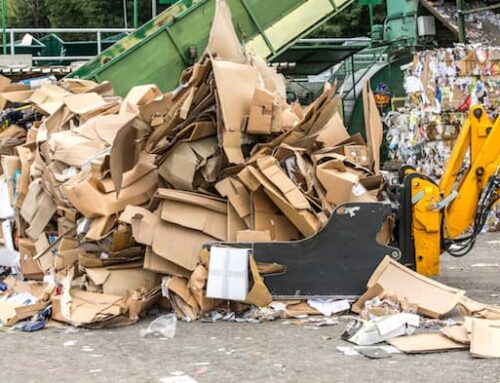Recycle Week 2023 will take place between 16-22 October so make sure you find ways to get involved and help make it successful.
This blog post will explore the significance of Recycling Week, its history, the environmental impact of recycling. We will also discuss new approaches and useful campaigns that individuals, businesses, and governments can adopt to contribute to a more sustainable future.
What is Recycling Week?
Recycling Week was first established in 2003, by the UK charity WRAP (Waste and Resources Action Programme). The event aims to raise awareness about the importance of recycling and encourage people to take action.
As part of this year’s 20th anniversary of Recycling Week, WRAP will be hosting the very first Recycling Summit from 17-19 October 2023, learn more about the Recycling Summit.
The event’s long history is a testament to the ongoing need for collective action to increase the awareness and education around recycling. According to the Office of Science and Technology, England’s municipal waste recycling and composting rates were just 19% in 2004 but were even lower the previous year at 15%. Since then, recycling has gained considerable traction and according to government statistics, the recycling rate for England in 2022 was 44%.
This shows a huge increase in the amount of waste that is recycled and initiatives like recycling week have been extremely instrumental in helping achieve this, although other factors have of course also had an impact.
Recycling Week’s role is to help raise awareness of recycling practice and initiatives while also educating people on how they can make a difference; in turn this has resulted in increased recycling efforts and new programmes or initiatives that help further the cause.
What are the Aims of Recycling Week?
According to WRAP, Recycling Week is “the one week of the year where retailers, brands, waste management companies, trade associations, governments and the media come together to achieve one goal: to galvanise the public into recycling more of the right things, more often”
Recycling is more than just a feel-good activity or part of your waste management at home; it’s a key component of our global efforts to combat climate change and preserve our planet’s resources. This means that recycling is more than reducing landfill waste, it’s about caring for our environment and making sure that we are managing the impact of our consumption.
The objectives of Recycling Week therefore include:
- Reduced Carbon Emissions – recycling not only conserves raw materials but also reduces the energy needed to produce new products. For example, recycling aluminium saves up to 95% of the energy required for primary aluminium production, significantly lowering carbon emissions.
- Preserving Biodiversity – mining and logging for raw materials can lead to habitat destruction and endanger wildlife. Recycling lessens the need for such activities, thus aiding in biodiversity conservation.
- Water Conservation – the extraction and processing of raw materials consume vast amounts of water. Recycling can help reduce the water footprint of various industries, safeguarding our water resources.
- Energy Efficiency – recycling paper consumes 40% less energy than manufacturing it from scratch, reducing the strain on power grids and cutting down greenhouse gas emissions.
- Reduced Landfill Pollution – landfills are a significant source of environmental pollution. By recycling, we reduce the amount of waste destined for landfills, ultimately mitigating soil and water contamination. A ‘Zero Waste to Landfill’ approach is instrumental in helping achieve this.
Recycling Week 2023: The Big Recycling Hunt
This year’s theme is The Big Recycling Hunt which focusses on ‘missed capture’. This refers to items in your home that can actually be recycled but are commonly missed or just not regularly recycled.
Recycling Week will also include other initiatives such as specific education campaigns and more conversations about recycling. One of the focusses will therefore be on schools which will involve ‘encouraging the country’s children to partake in fun activities throughout Recycle Week’. WRAP has also called for increased engagement from local authorities and companies to help relay key messaging about recycling efforts.
Here are some ideas for how you can get involved:
Education and Awareness
Schools and colleges can host workshops and awareness campaigns to educate people about the importance of recycling and how to do it effectively. This is a great idea to get children and teenagers involved as communicating the importance of recycling can help encourage the next generation to have a positive and active approach to protecting the environment and preserving our resources.
>Learn more about how waste management can help public health
Zero-Waste Challenges
Anyone can participate in zero-waste challenges, so this is a great idea for schools, universities, and even local community groups. The aim is to reduce waste generation to a minimum and the competition aspect helps with the ‘gamification’ of recycling.
These challenges can be very effective as they can create an eye-opening experience that demonstrates just how much waste can be avoided through conscious choices.
E-Waste Collection Drives
As electronic waste continues to be a growing problem, Recycling Week can serve as an excellent opportunity to organize e-waste collection drives. Old electronics can be recycled or refurbished, reducing the environmental impact.
> Learn more about why you should recycle Electronics
Community Clean-up Events
You could organize neighbourhood clean-ups to remove litter and discarded items from public spaces. It’s important to encourage proper disposal and recycling during these events. These types of initiatives are great as they help to instil a sense of ownership in local communities while also helping to bring people closer together while working towards a shared goal of a cleaner community.
The Global Impact of Recycling Week
Although Recycling Week is run by a company in the UK and all the campaigns focus on recycling efforts in the UK, the initiative resonates with the global need for sustainability.
The United Nations Sustainable Development Goals include responsible consumption and production, emphasizing the importance of recycling in a broader context. Recycling is integral to achieving these goals, which aim to address critical global challenges, such as climate change and resource scarcity.
Whether it’s a business, community, or an individual household, we are all obliged to take part in recycling more and make a difference. So, Recycling Week can be used as way for us to play our part in the global drive to reduce landfill waste and the impact on the environment.
Therefore, by raising awareness, actively participating in events, and embracing innovative recycling solutions, we can make Recycling Week 2023 a significant milestone in the journey toward a greener, cleaner, and more sustainable planet.
Related articles:
